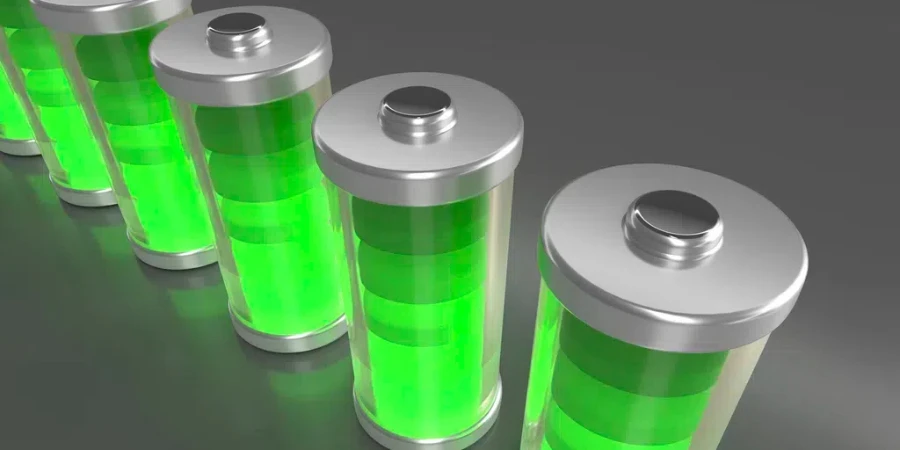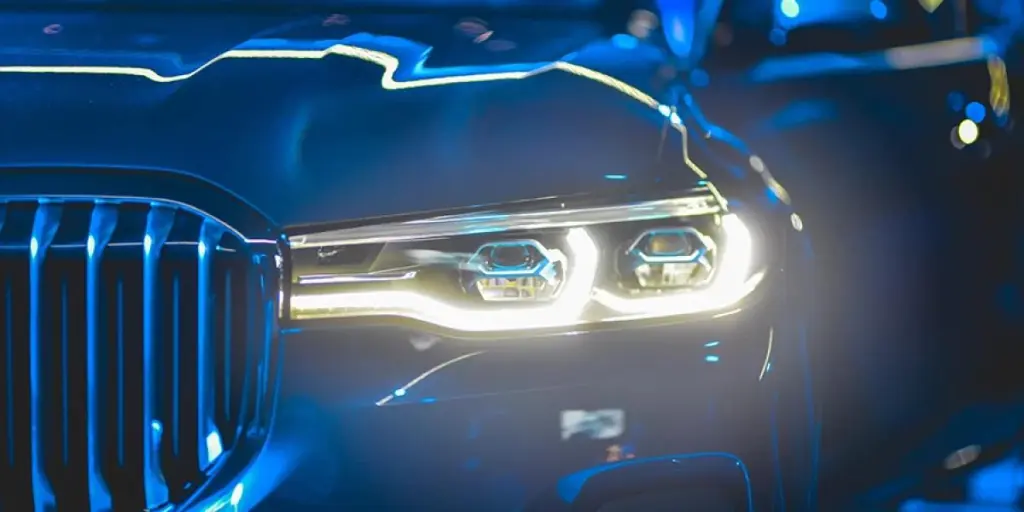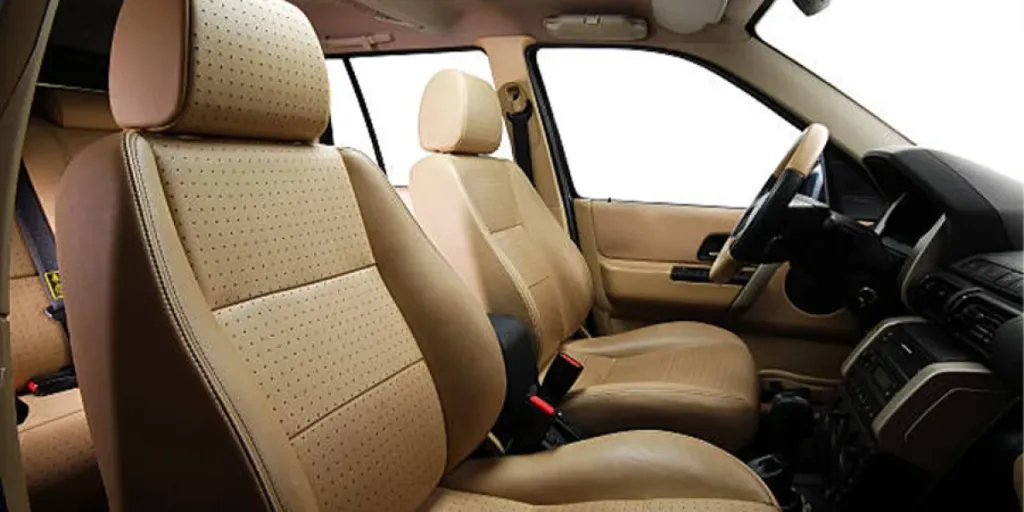Monash University (Australia) engineers have developed an ultra-fast charging lithium-sulfur (Li-S) battery, capable of powering long-haul EVs and commercial drones. With rapid charging times, the lightweight Li-S batteries could soon power drones, with electric aircraft a future possibility.
Researchers aim to demonstrate the technology in commercial drones and electric vertical take-off and landing vehicles (eVTOL) within a year. The research was a decade in the making and is published in Advanced Energy Materials. To bring the technology to market, Monash University has launched a new spin-off, Ghove Energy, currently raising pre-seed funding.
The paper’s first author, Maleesha Nishshanke, a PhD candidate at the Monash Nanoscale Science and Engineering Lab (NSEL) said the novel batteries doubled the energy density of conventional lithium-ion batteries and were much lighter.
Inspired by the chemistry of betadine, a common household antiseptic, we found a way to accelerate the charge and discharge rates, making them a viable battery option for real-world heavy-duty use.
—Maleesha Nishshanke
In an electric car, the Li-S batteries could power an extra 1000 kilometers on a single charge while cutting recharge time to a few hours.
Co-lead researcher and Director of the ARC Research Hub for Advanced Manufacturing with 2D Materials, Professor Mainak Majumder, said Li-S technology typically struggled to maintain high performance without degrading quickly but this new battery could handle a lot of power being taken out at once without breaking down. The batteries are cheaper and store more energy.
Our catalyst has significantly enhanced the C-rate performance of Li-S batteries, demonstrated in early proof-of-concept prototype cells. With commercial scaling and larger cell production, this technology could deliver energy densities up to 400 Wh/kg. This makes it well-suited for applications requiring dynamic performance, such as aviation, where batteries must handle high C-rates during take-off and efficiently switch to low C-rates during cruising.
—Professor Mainak Majumder
The research team is investigating new additives that promise to speed up both charging and discharging times even more, along with methods that reduce the amount of lithium needed.
The research was supported by the US Air Force Office of Sponsored Research.
Resources
- M. M. Nishshanke, P. Jovanović, M. R. Panda, M. J. Abedin, D. McNamara, M. R. Hill, J. Bhattacharya, C. Kamal, M. Shaibani, M. Majumder, Role of Polymer-Iodine Complexes on Solid-Liquid Polysulfide Phase Transitions and Rate Capability of Lithium Sulfur Batteries. Adv. Energy Mater. 2024, 2403092. doi: 10.1002/aenm.202403092
Source from Green Car Congress
Disclaimer: The information set forth above is provided by greencarcongress.com independently of Alibaba.com. Alibaba.com makes no representation and warranties as to the quality and reliability of the seller and products. Alibaba.com expressly disclaims any liability for breaches pertaining to the copyright of content.




